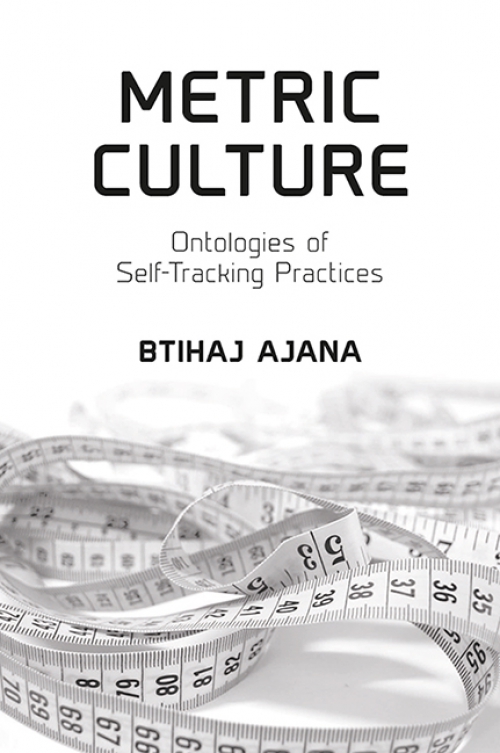New Book: “Metric Culture: Ontologies of Self-Tracking Practices”

We live in a “metric culture” where data, algorithms, and numbers play an unmistakably powerful role in defining, shaping and ruling the world we inhabit. Increasingly, governments across the globe are turning towards metric technologies to find solutions for managing various social domains such as healthcare and education. While private corporations are becoming more and more interested in the collection and analysis of data and metrics for profit generation and service optimisation. What is striking about this metric culture is that not only are governments and private companies the only actors interested in using metrics and data to control and manage individuals and populations, but individuals themselves are now choosing to voluntarily quantify themselves and their lives more than ever before, happily sharing the resulting data with others and actively turning themselves into projects of (self-) governance and surveillance.


